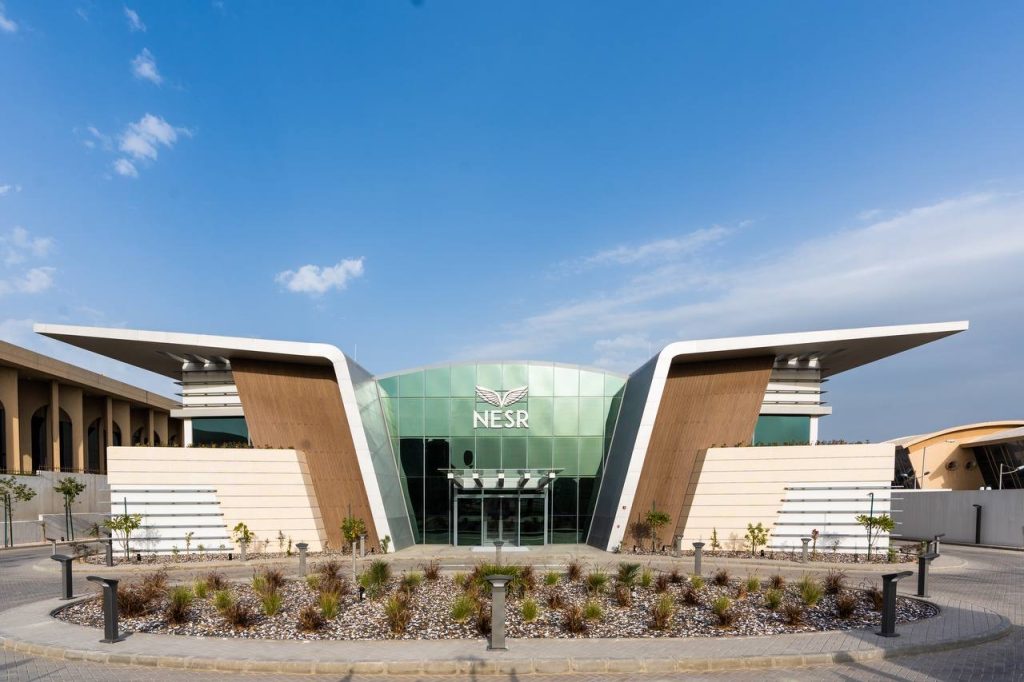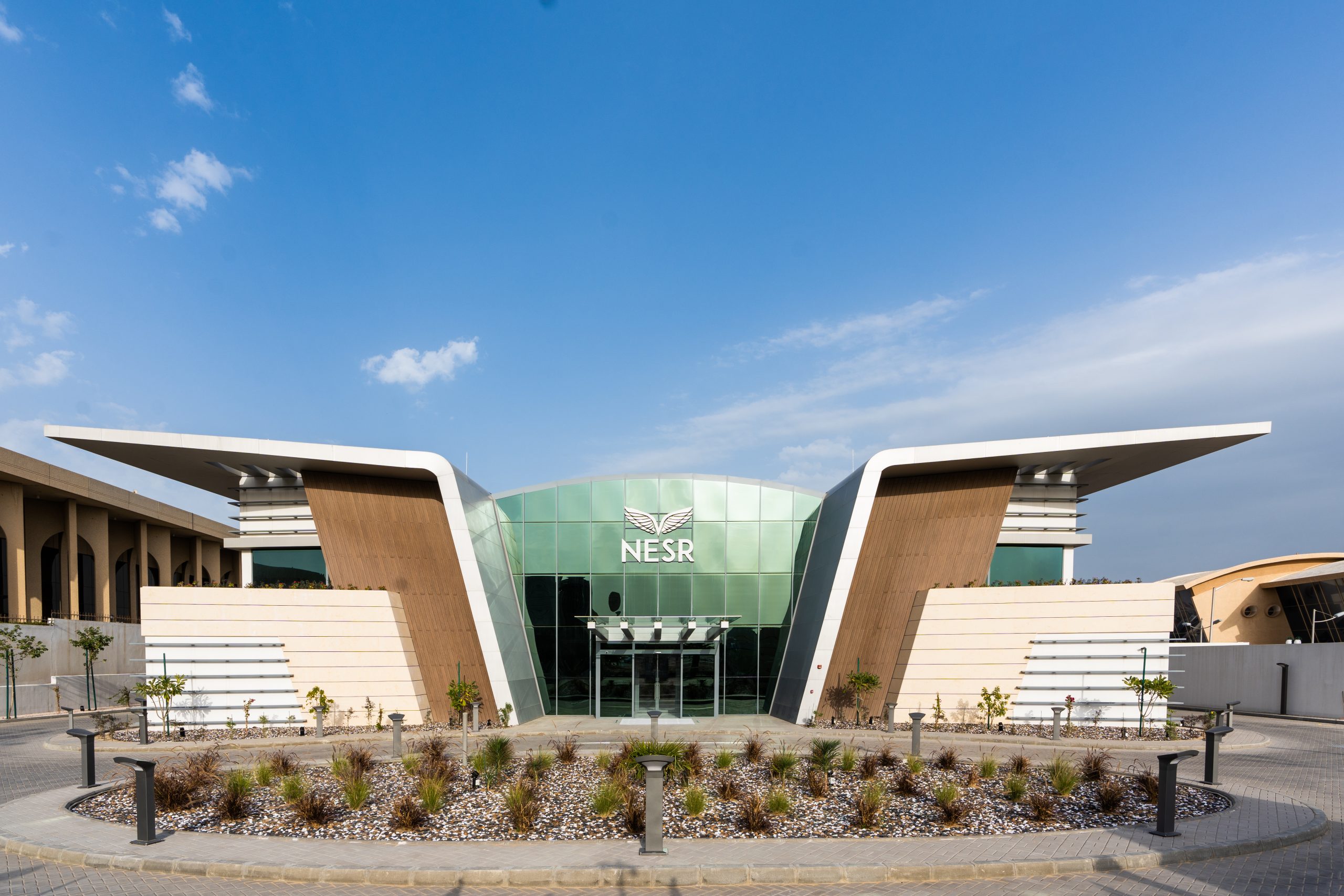It has become clear in recent years that hydrocarbons will remain a dominant share of the energy mix moving into the future, but that doesn’t preclude the O&G industry from becoming more sustainable. At NESR, our simple thesis is that the “waste streams” that we produce alongside oil, including waste gas that is flared, produced water that is dumped, and waste heat, can be captured and re-used as part of a broader decarbonization of the energy value chain. We can capture waste gas to generate extra energy or petrochemicals, clean up water to offset freshwater consumption and generate minerals, and harness heat for zero-emissions power. This is the low-hanging fruit for achieving circularity and advancing clean energy solutions in the O&G industry.
In what ways are you assisting NESR customers to achieve their decarbonization and sustainability goals?
In the area of produced water, NESR has identified unique technologies from outside of the O&G industry, and has adapted these technologies to help our industry re-use the water and generate valuable minerals. In Saudi Arabia, we recently concluded a second, successful pilot of one of these technologies, referred to as Zero Liquid Discharge (ZLD), which can enable the industry to completely offset its freshwater consumption by re-using the otherwise hypersaline water that is produced from the reservoirs. In addition to the positive water impact, this technology would also eliminate the carbon footprint of industrial desalination (e.g. seawater reverse osmosis) and water trucking & logistics.
What role do Voluntary Carbon Markets (VCMs) play in propelling the decarbonization journey for MENA and the broader energy sector?
VCMs play a critical role in helping the industry ascribe value to decarbonization, through the generation & trading of carbon offsets. Regulations are the first step to driving the decarbonization of the energy sector, but disparate laws across multiple countries present a hurdle to certain decarbonization projects (e.g. produced water re-use or flare elimination projects), particularly if those projects are complex without a straightforward CO2e offset impact like those in forestry or agriculture. Therefore, VCMs and more robust CO2e accounting methodologies are needed so that these complex decarbonization projects in the MENA energy industry can capture the full value of their positive impact.
Blake Gendron – Vice President of Investor Relations and NEDA Segment




